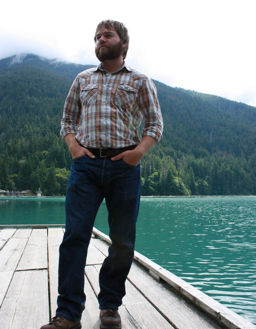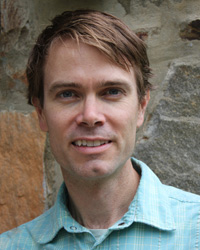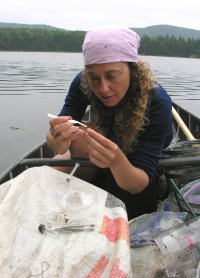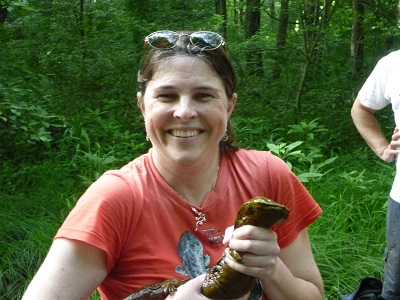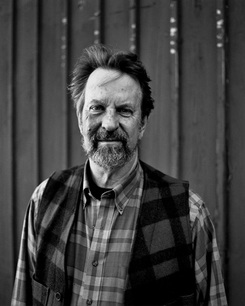|
This year's Thursday Lecture series centers around the theme "Environments and Species in Peril". We are hopeful that these talk will generate discussion between students and the community concerning the definition of peril in conservation. Specifically, we hope to discuss whether our personally held distinctions and biases about what is truly perilous may cause us to apply the "peril" label too late, or not at all, even though ecosystems and species may naturally occur in a delicate balance. Schedule of Talks: NOTE: All lectures take place at the Eldridge Research Station, meet at 6:30 p.m. for desert and the talk starts promptly at 7 p.m.
natural temporary pools is suspect.
Speakers:
Comments are closed.
|
|
|
ContactAddress:
P.O. Box 189 5052 Delaware Turnpike Rensselaerville, NY 12147 Phone: (518) 797-3440 Email: [email protected] |
Stay Connected! |
All pictures copyright Huyck Preserve unless otherwise noted.

